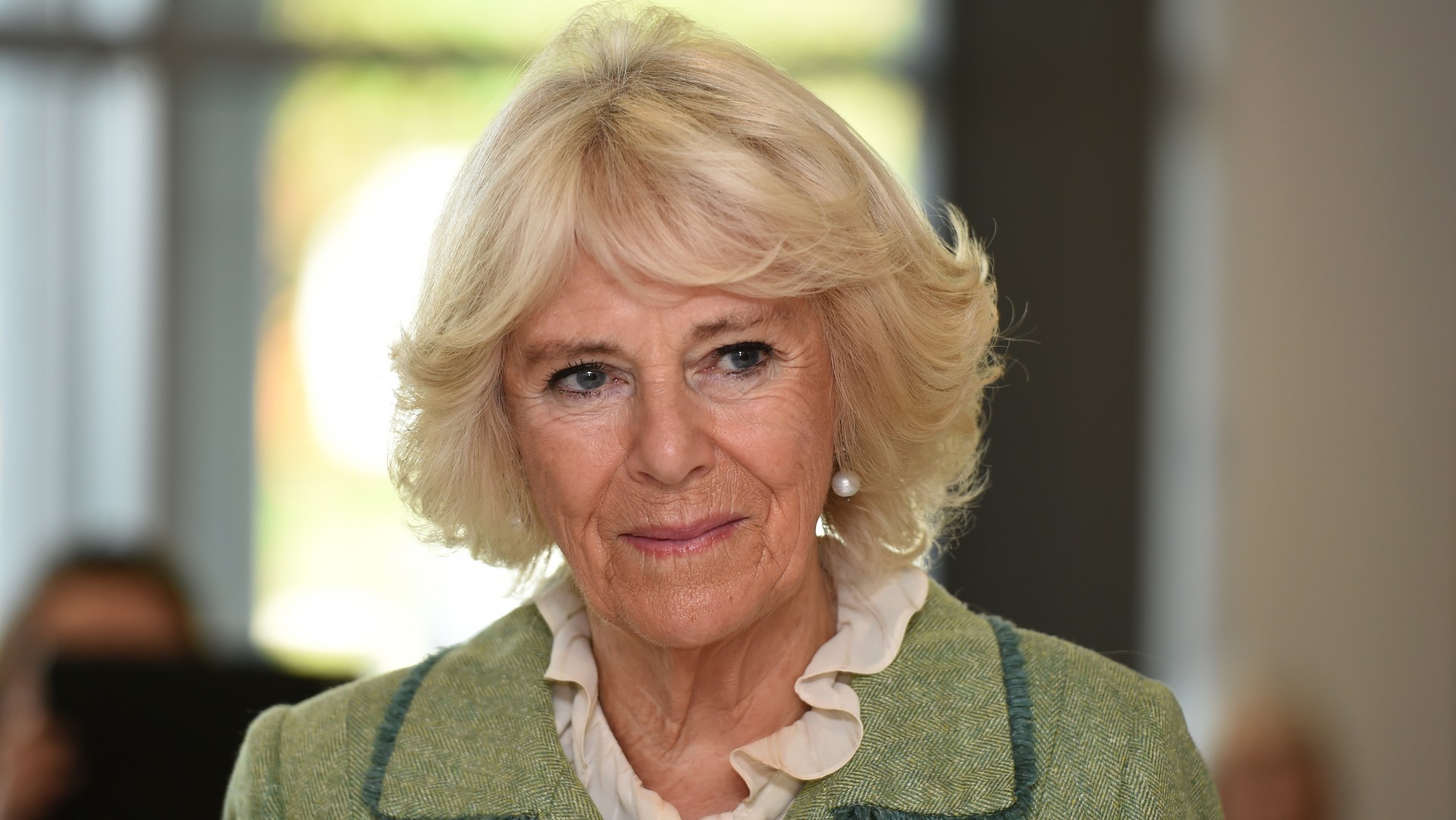Koh-i-Noor diamond: the controversy over Queen Consort Camilla’s crown
Historic gem has become a ‘massive diplomatic grenade’ ahead of coronation

A free daily email with the biggest news stories of the day – and the best features from TheWeek.com
You are now subscribed
Your newsletter sign-up was successful
India’s ruling party has warned that crowning the British Queen Consort using the controversial Koh-i-Noor diamond would bring back “painful memories of the colonial past”.
Buckingham Palace is said to be reconsidering whether Camilla should wear the thousand-year-old jewel when she is crowned alongside King Charles, after India’s Bharatiya Janata Party (BJP) said it would “transport” some “back to the days of the British Empire in India”, reported The Telegraph.
What is the diamond’s history?
The Koh-i-Noor, which has been on public display in the Jewel House at the Tower of London since 2002, is one of the largest cut diamonds in the world, weighing 105.6 carats.
The Week
Escape your echo chamber. Get the facts behind the news, plus analysis from multiple perspectives.

Sign up for The Week's Free Newsletters
From our morning news briefing to a weekly Good News Newsletter, get the best of The Week delivered directly to your inbox.
From our morning news briefing to a weekly Good News Newsletter, get the best of The Week delivered directly to your inbox.
The diamond, which was once placed on Mughal king Shah Jahan’s throne in the 17th century, was taken away from India following the invasions of Iranian ruler Nadir Shah, said Hindustan Times.
It was obtained by the East India Company and presented to Queen Victoria in 1849. “A campaign has sprung up in India urging Britain to return it,” noted The Times, but the diamond is also claimed by Afghanistan, Pakistan and Iran.
The crown that now contains the diamond was made for Queen Elizabeth – later the Queen Mother – in 1937, but the diamond had previously been mounted in the crowns of other royals, including Queen Alexandra, wife of Edward VII.
Why is it so controversial?
“The Indian gem has a bloody history of colonial conquest,” said Smithsonian magazine in 2017, and it raises the question of how modern nations should “deal with a colonial legacy of looting”.
A free daily email with the biggest news stories of the day – and the best features from TheWeek.com
Speaking to the magazine, the historian William Dalrymple, who has co-written a book about the diamond, said: “If you ask anybody what should happen to Jewish art stolen by the Nazis, everyone would say of course they’ve got to be given back to their owners.
“And yet we’ve come to not say the same thing about Indian loot taken hundreds of years earlier, also at the point of a gun,” he said, adding in The Telegraph that the stone has become a “massive diplomatic grenade”.
Indeed, a resurgence of interest from India in reclaiming the diamond is now “very visible” among a new generation on social media, Jyoti Atwal, associate professor at Jawaharlal Nehru University, told The Telegraph.
The spokesman for the BJP said that “the coronation of Camilla and the use of the crown jewel Koh-i-Noor brings back painful memories of the colonial past”.
Royal sources said no decision on whether the Koh-i-Noor diamond crown will be used in the coronation has yet been made. But they added that the King and his team were “acutely aware” of the need to consider current sensitivities.
The British government insists the gem was acquired legally under the terms of the Last Treaty of Lahore of 1849 and has rejected any claims to it.
-
 The Olympic timekeepers keeping the Games on track
The Olympic timekeepers keeping the Games on trackUnder the Radar Swiss watchmaking giant Omega has been at the finish line of every Olympic Games for nearly 100 years
-
 Will increasing tensions with Iran boil over into war?
Will increasing tensions with Iran boil over into war?Today’s Big Question President Donald Trump has recently been threatening the country
-
 Corruption: The spy sheikh and the president
Corruption: The spy sheikh and the presidentFeature Trump is at the center of another scandal
-
 Epstein files topple law CEO, roil UK government
Epstein files topple law CEO, roil UK governmentSpeed Read Peter Mandelson, Britain’s former ambassador to the US, is caught up in the scandal
-
 Iran and US prepare to meet after skirmishes
Iran and US prepare to meet after skirmishesSpeed Read The incident comes amid heightened tensions in the Middle East
-
 EU and India clinch trade pact amid US tariff war
EU and India clinch trade pact amid US tariff warSpeed Read The agreement will slash tariffs on most goods over the next decade
-
 Israel retrieves final hostage’s body from Gaza
Israel retrieves final hostage’s body from GazaSpeed Read The 24-year-old police officer was killed during the initial Hamas attack
-
 China’s Xi targets top general in growing purge
China’s Xi targets top general in growing purgeSpeed Read Zhang Youxia is being investigated over ‘grave violations’ of the law
-
 Panama and Canada are negotiating over a crucial copper mine
Panama and Canada are negotiating over a crucial copper mineIn the Spotlight Panama is set to make a final decision on the mine this summer
-
 Why Greenland’s natural resources are nearly impossible to mine
Why Greenland’s natural resources are nearly impossible to mineThe Explainer The country’s natural landscape makes the task extremely difficult
-
 Iran cuts internet as protests escalate
Iran cuts internet as protests escalateSpeed Reada Government buildings across the country have been set on fire